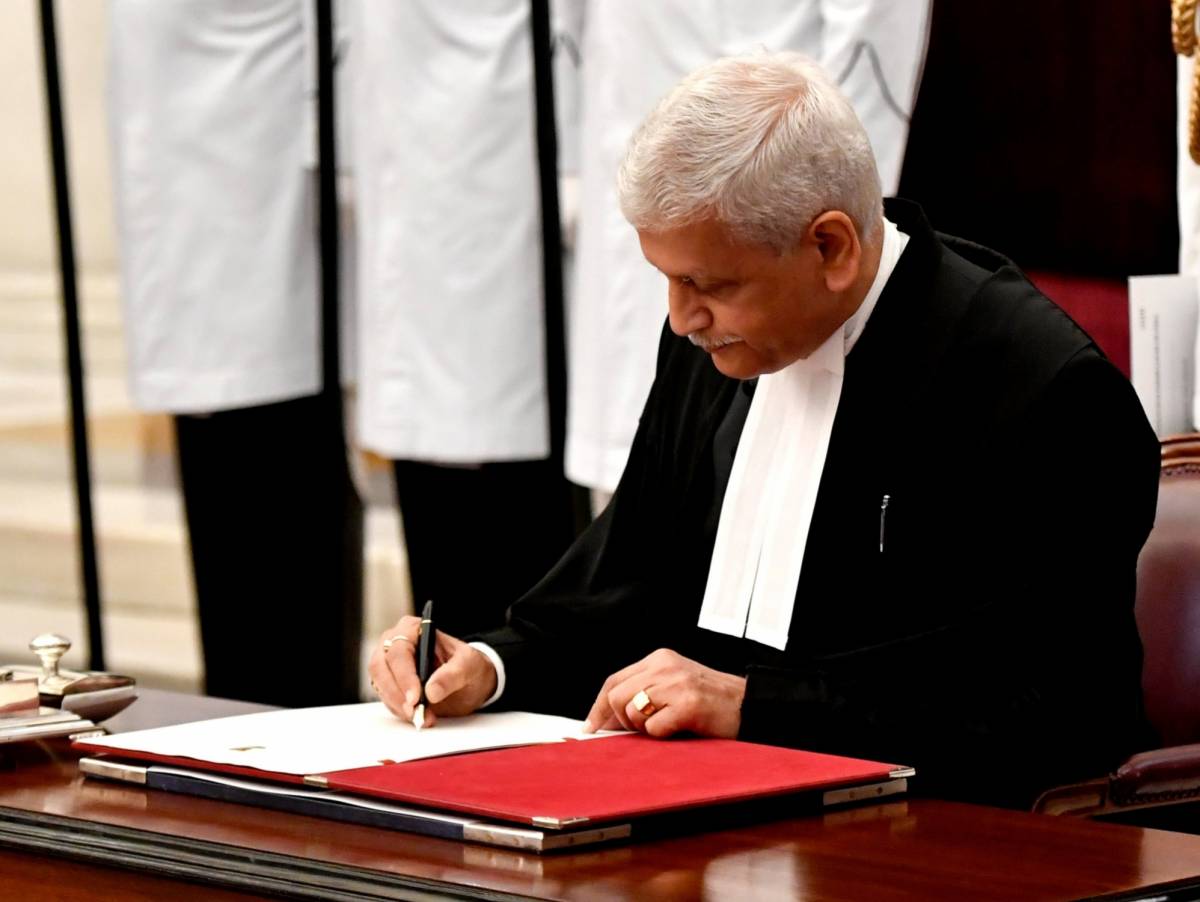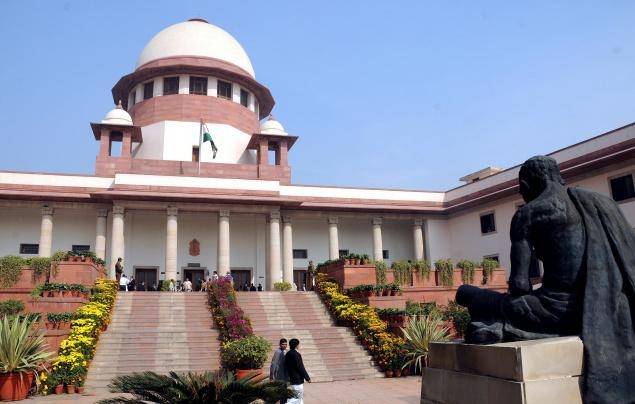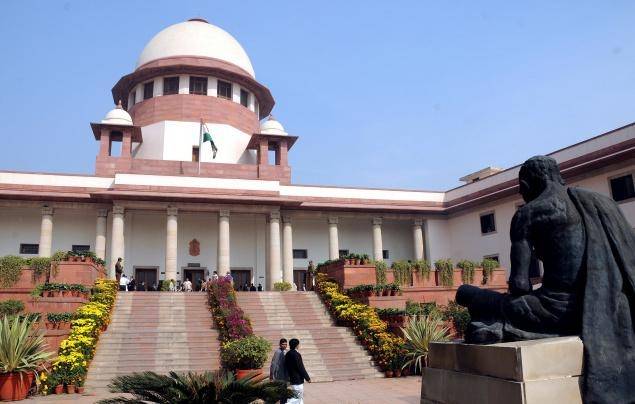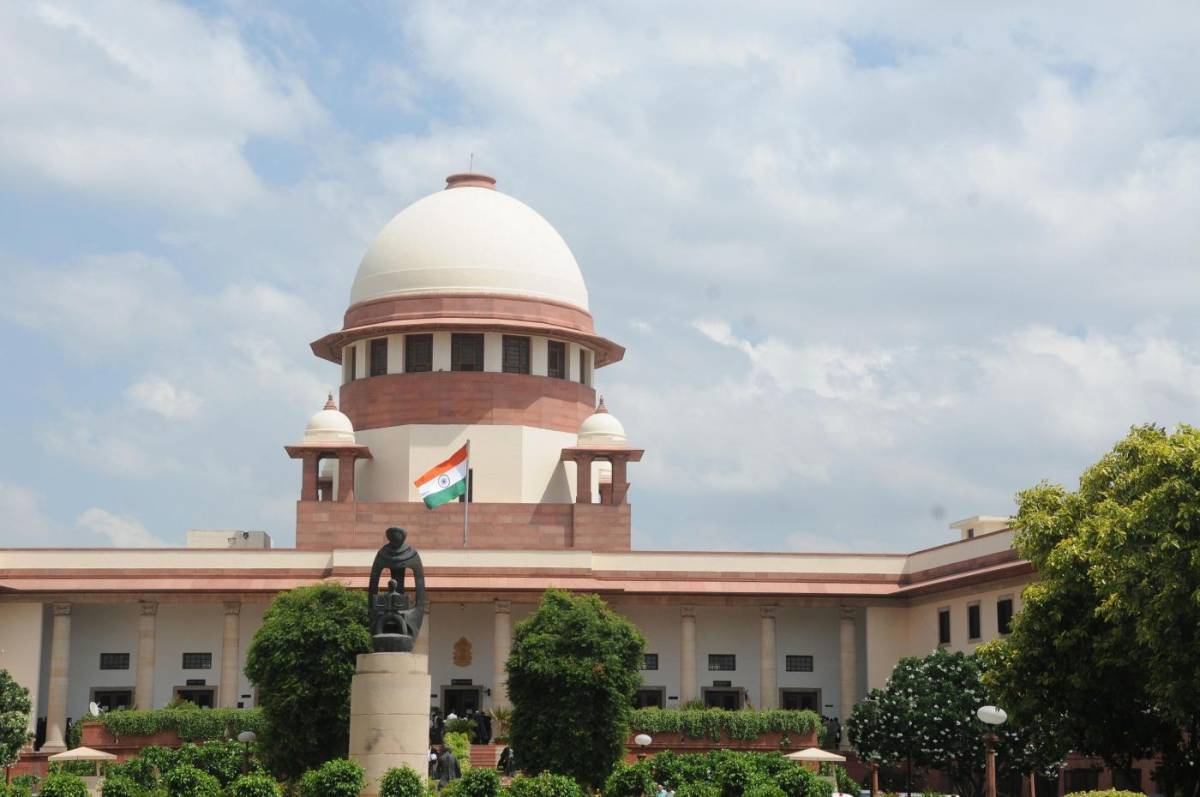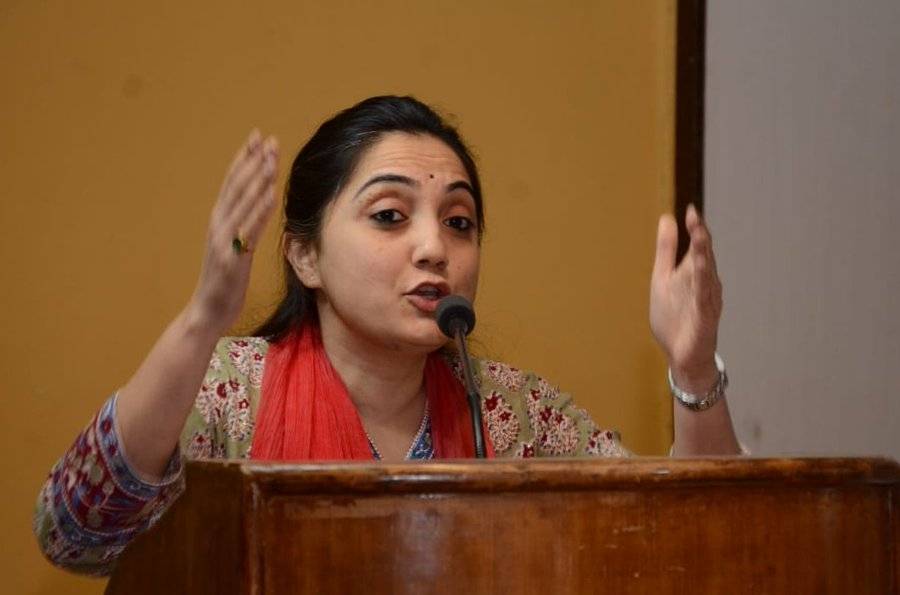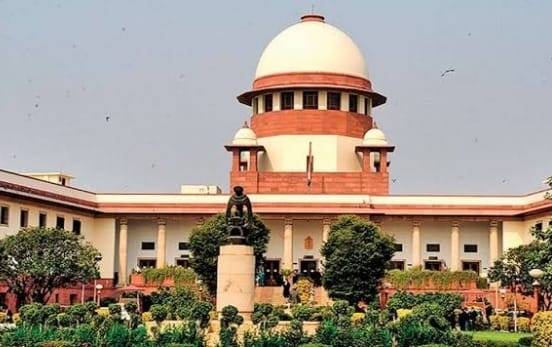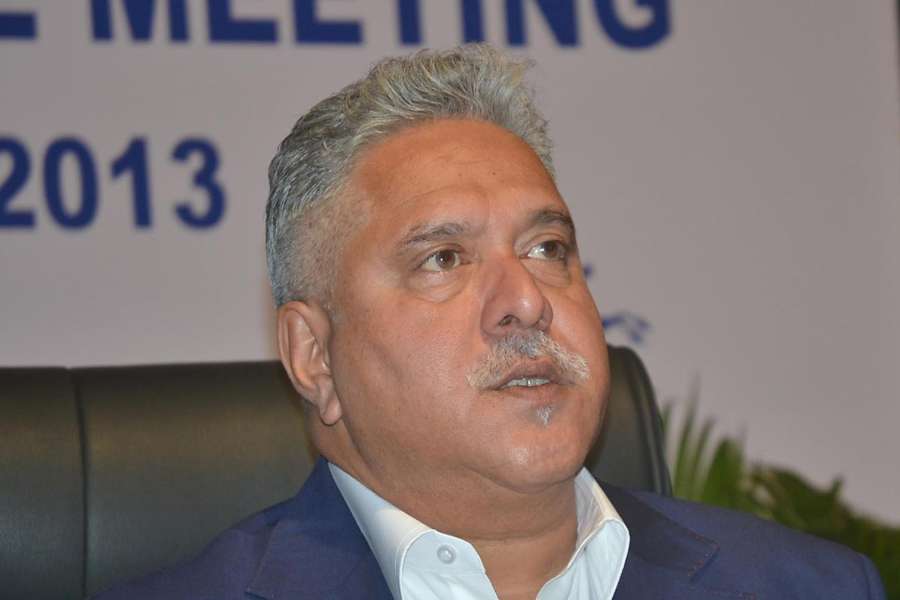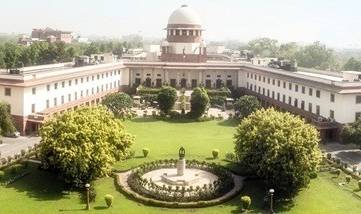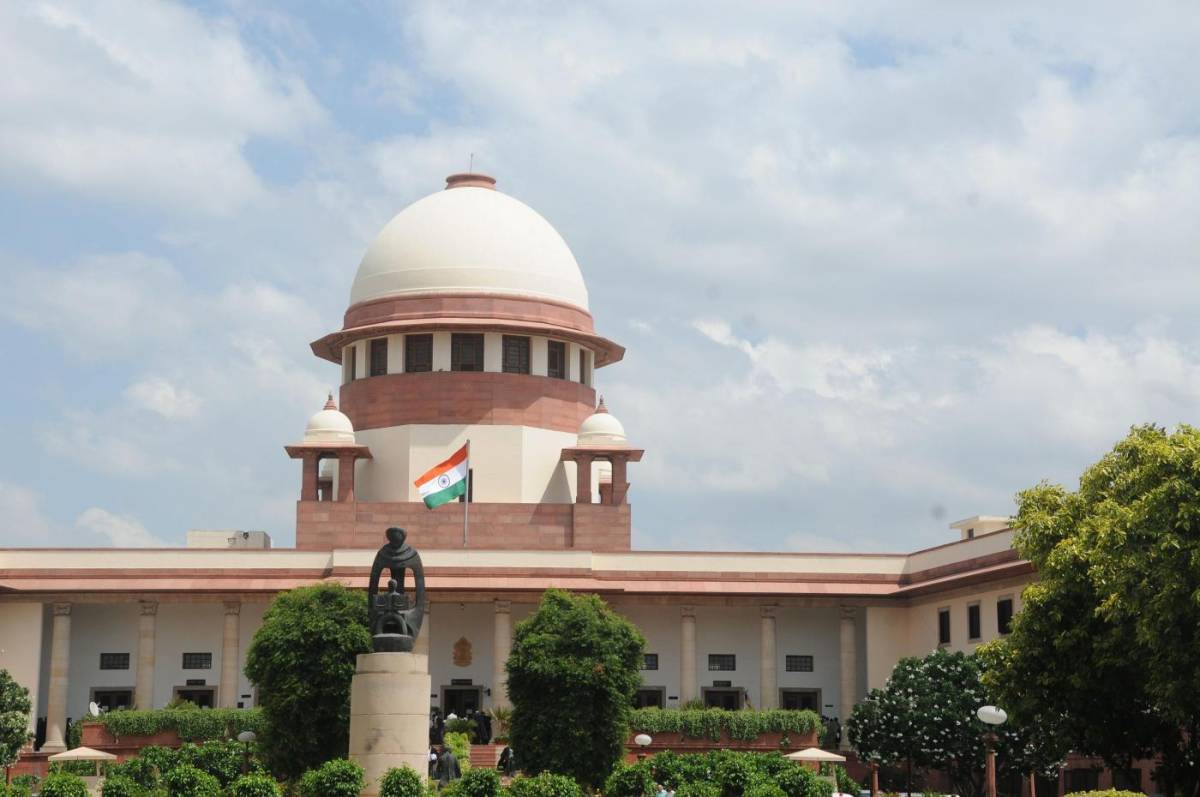A clutch of pleas filed by lawyer and BJP leader Ashwini Kumar Upadhyay and another petitioner, Lubna Qureshi, pointed at anomalies in various laws on divorce, marriage, succession, adoption and maintenance prevailing for different religions…reports Asian Lite News
The Supreme Court on Monday asked the Centre to make its stand clear, within three weeks, on the feasibility of implementing a Uniform Civil Code (UCC) in the country.
A bench comprising Chief Justice of India (CJI) U U Lalit and justice S Ravindra Bhat was dealing with a batch of petitions seeking uniformity in laws for age of marriage, grounds of divorce, succession, adoption, guardianship and maintenance when it noted that these issues are various “facets” of UCC and directed the Centre to file its response on each aspect.
“These petitions are seeking common marriage, divorce, adoption, succession and maintenance laws. What is the difference between these matters? They are all facets of Uniform Civil Code,” the bench said.
“Let a comprehensive response be filed, indicating the stand of the Union government in respect of issues raised in this batch of petitions,” it added.
A clutch of pleas filed by lawyer and Bharatiya Janata Party (BJP) leader Ashwini Kumar Upadhyay and another petitioner, Lubna Qureshi, has pointed at anomalies in various laws on divorce, marriage, succession, adoption and maintenance prevailing for different religions.
In his plea, Upadhyay sought uniformity in grounds for which divorce is granted. Adultery is a ground for Hindus, Christians and Parsis but not for Muslims, he said.
Likewise, incurable leprosy is a ground of divorce for Hindus and Muslims but not for Christians and Parsis. Also, under age marriage is a ground of divorce for Hindus but not for Christians, Parsis and Muslims, he said.
In case of adoptions, only Hindus have a codified law under which an adopted child has the right to inherit property and be recognised as a biological child of the adopted parents, Upadhyay said. The case is not the same for Muslims, Christians and Parsis, he added.
Upadhyay’s petition also said women across religions ought to be treated equally. Religious practices which deny them their fundamental rights should not be protected, he said.
“We are considering what response the Centre will file and what kind of judicial process we can issue in this matter. Assuming we might issue a mandamus (writ giving a direction), can we issue a mandamus itself is in question and also whether you intend to place such a bill in Parliament,” the bench said.
Appearing for the Centre, solicitor general Tushar Mehta said it would essentially be a question of law. “If need be, we will put in a reply in three weeks,” he said.
Opposing the pleas, the All India Muslim Personal Law Board and a Muslim woman, Amina Sherwani, filed intervention applications in the top court, alleging attempts were being made to bring in the UCC through the backdoor.
Appearing for the Muslim Personal Law Board, senior advocate Huzefa Ahmadi along with advocate M R Shamshad said Upadhyay, in 2015, had raised similar prayers in a writ petition filed in the top court which he withdrew.
The BJP leader later filed a petition seeking enforcement of UCC before Delhi high court, which is still pending, the lawyers said.
The petitioner has not mentioned this fact in the present set of petitions and should be asked to summon the record of his earlier petition, Huzefa told the bench.
Though the top court, in the past, had advised the Centre to give a thought for having UCC, the judiciary has left it to the legislative wisdom without entering the domain reserved for Parliament.
Taking note of the submissions, the bench told Upadhyay: “You should be fair to this court. Check your petition and file the same before us on the next date of hearing.”
Upadhyay said his earlier petition was on implementing Article 44 of the Constitution which says “the state shall endeavour to secure for the citizens a uniform civil code throughout the territory of India.”
He said he withdrew this (earlier) plea with a liberty to approach the Law Commission of India on this aspect. The present petitions are not on UCC, he said.
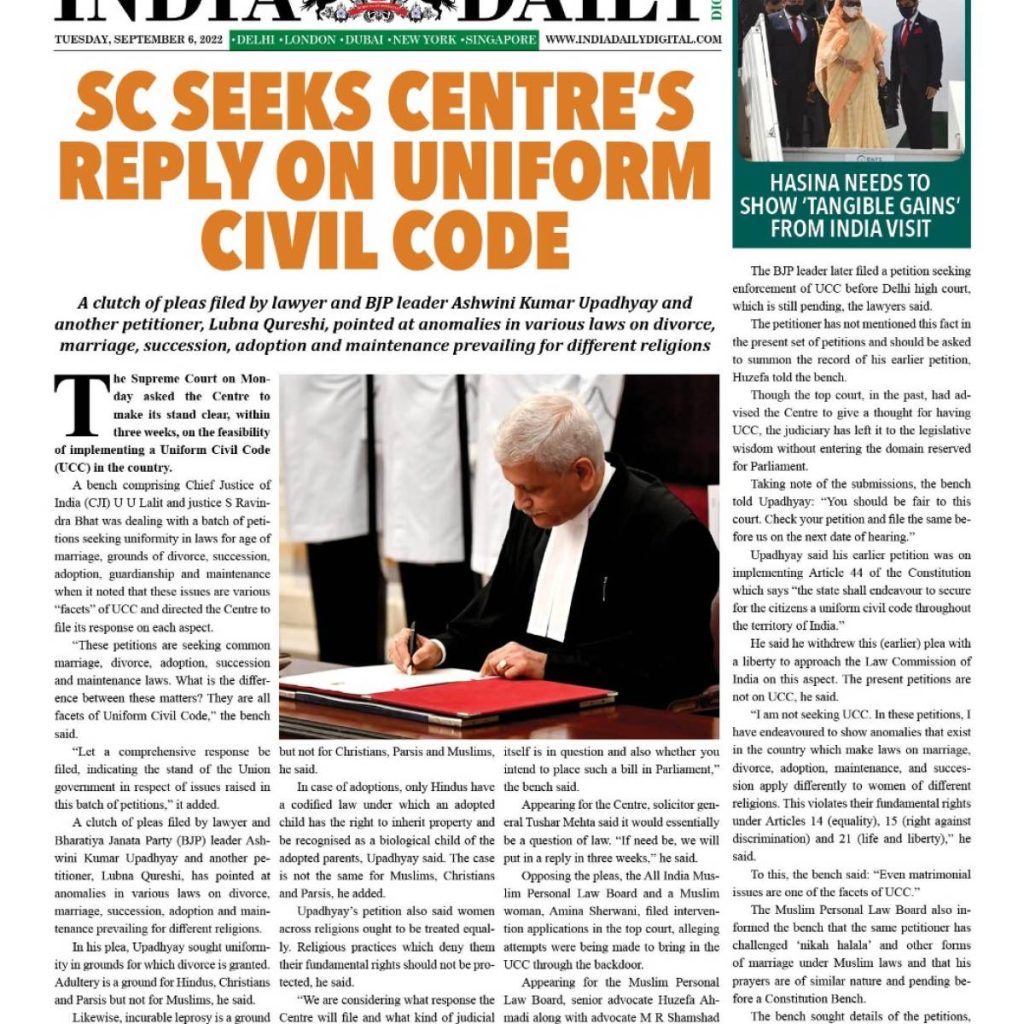
“I am not seeking UCC. In these petitions, I have endeavoured to show anomalies that exist in the country which make laws on marriage, divorce, adoption, maintenance, and succession apply differently to women of different religions. This violates their fundamental rights under Articles 14 (equality), 15 (right against discrimination) and 21 (life and liberty),” he said.
To this, the bench said: “Even matrimonial issues are one of the facets of UCC.”
The Muslim Personal Law Board also informed the bench that the same petitioner has challenged ‘nikah halala’ and other forms of marriage under Muslim laws and that his prayers are of similar nature and pending before a Constitution Bench.
The bench sought details of the petitions, seeking uniform marriage laws pending in the Supreme Court, and directed them to be tagged with the present set of petitions.
ALSO READ-Rijiju drops hints on party’s stand on Uniform Civil Code

